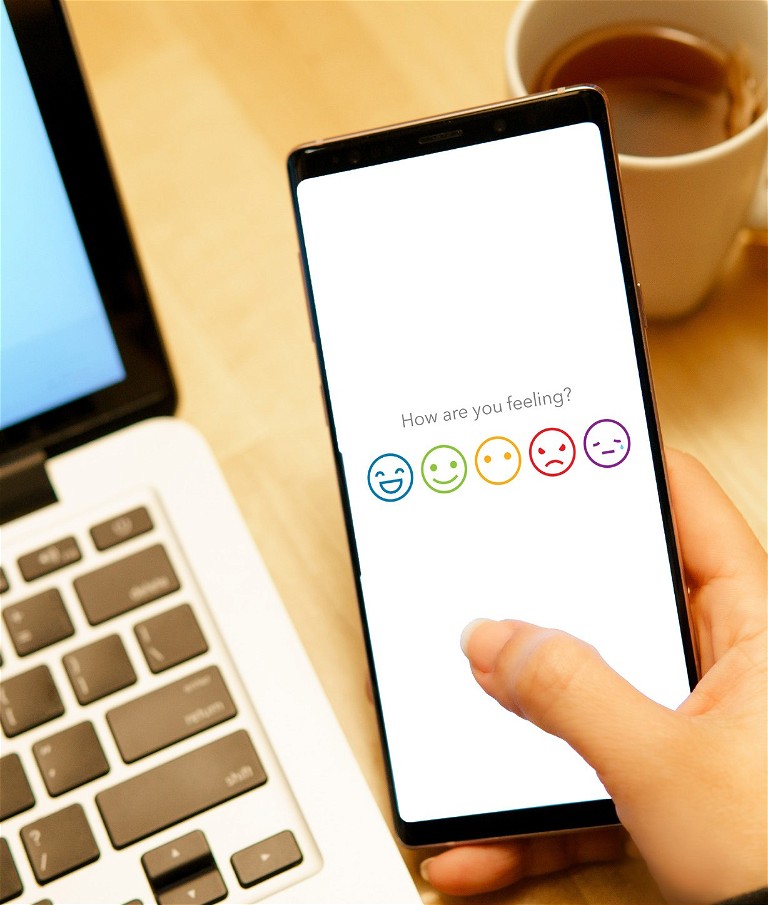Features / Comment / Insight / Analysis / Facts
March 2023 Vol 25 Issue 2
UCL to begin new trial to assess cough medicine’s impact on Parkinson’s
Researchers at UCL have begun investigating the impacts of ambroxol, a common ingredient in cough syrups, to treat Parkinson's, page 5
Drug-resistant bacterium found in eye drops has infected 55 people in 12 states
A strongly antibiotic resistant bacterium has been found in eye drops in 12 US states, infecting at least 55 people, page 7
TheracosBio’s oral drug approved by FDA for adults with type 2 diabetes
Bexaglifozin, a drug originally indicated for diabetic cats, has received FDA approval for use in adults with type 2 diabetes,
page 9
NICE recommends more digital mental health therapies for NHS use
NICE has recommended eight new digital therapies to be used by the NHS for the treatment of various mental health disorders

Eight more digital therapies (DTx) for mental health disorders have been recommended by NICE for use by the NHS, following a push from the health technology assessment (HTA) agency to utilise treatment options which can relieve pressure on the health service.
With one in six people experiencing common mental health problems, including anxiety or depression, the burden on the NHS is huge, so new treatments to reduce this burden and alleviate symptoms for the patients can only be a positive step.
The eight new DTx have the potential to help up to 40,000 patients, according to NICE, covering conditions including depression, anxiety, post-traumaticstressdisorder (PTSD) and body dysmorphia.
The new therapies draw on cognitive behavioural therapy (CBT) techniques, and have now received conditional backing from NICE until further evidence around their use can be compiled.
The tools can only be used by patients following a formal assessment by an NHS talking therapist.
Mike Chapman, interim director of medical technology and digital evaluation at NICE, suggested that the DTx have “demonstrated […] the potential to provide effective treatments to the many thousands of people who live with these conditions.”
Elizabeth Mullenger, a lay specialist member of NICE’s appraisal committees, commented: “It can be incredibly isolating to be on a long waiting list for in-person treatment. You might know that help is coming, you just don’t know when. […] Having access to a digital therapy could help prevent this lonely feeling. Sometimes, people need support most in the middle of the night, or after a busy day at work, and its hard to know where to turn. Having access to digital therapy can give people the help they need, when they need it.”